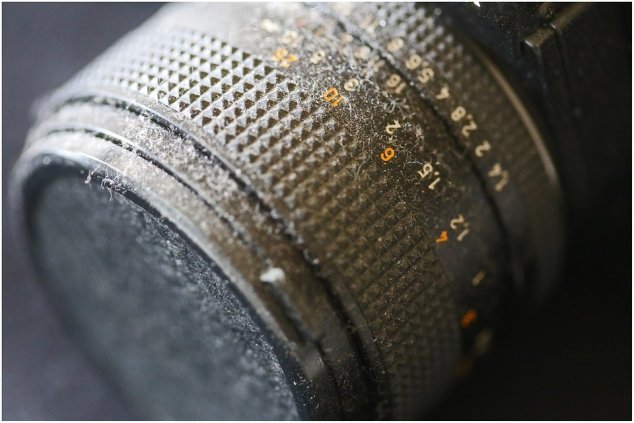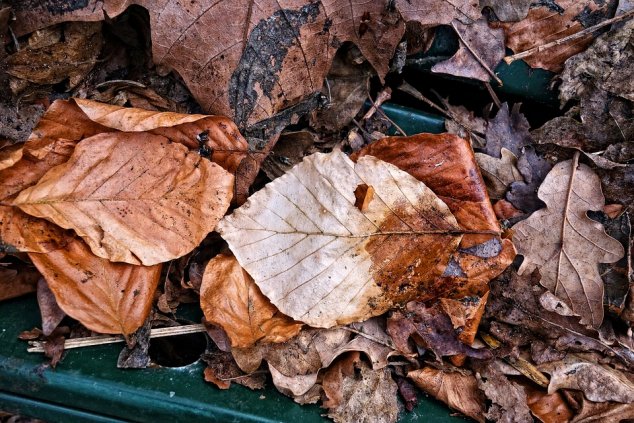Many people with asthma experience allergies which can bring on their symptoms.

Some of the most common allergies that people with asthma may experience include:
- House dust mites
- Pets
- Pollens
- Moulds and Fungal Spores

House Dust Mites
House dust mites are very small creatures which survive by eating the dead skin shed by humans. They can be found in every home, regardless of cleanliness and it’s impossible to get rid of them completely. House dust mites live in carpets and furniture, especially beds. For some people, exposure to House Dust Mites can cause an allergic response in their airways.
Signs of dust mite allergy include wheezing when you’re vacuuming or dusting; when you enter a dusty room or house and asthma symptoms either at night or first thing in the morning.
What to do if you think you might be allergic to house dust mites:
- Use complete barrier covering systems on your mattress, duvet and pillow (available here)
- Remove all carpets and replace with hard flooring if possible.
- Vacuum all areas frequently: It is advisable to use a vacuum with a HEPA filter and which has good suction. The HEPA filter makes the vacuum more effective at picking up house dust mites and don’t scatter dust.
- Surfaces should be damp dusted or cleaned with an attachment on your vacuum cleaner.
- Keep soft toys to a minimum and wash at 60oC on a weekly or fortnightly basis.
- Hot wash sheets, duvet and pillow cases at 60oC once per week.

Pets
Complete avoidance of pet allergens is impossible as the allergens will be everywhere within the home, as well as in many outside environments. Moving pets outside the home is recommended if possible but it can take months for allergen levels to decrease.
Cats are a major source of indoor allergen. This is because the allergens they tend to produce can stay in the house for long periods of time. This makes cats a poor choice for families with members who have allergies or asthma that is triggered by pet hair. Other pets can produce less serious allergens; however dogs, rabbits, guinea pigs and mice are all known to be a problem for some people.
What to do if you think you might be allergic to your pets:
Ideally in the case of allergy, a pet should be re-homed elsewhere. However many people find it hard to part with beloved family pets and so it is important to minimise your allergen exposure in other ways. Pets should be kept outside where possible and at the very least, kept out of bedroom areas.
If you're visiting people who have furry animals, you can take extra medication beforehand to reduce your reaction and where possible, ask them to visit you instead. People will often understand if you explain your allergies!

Pollens
Pollen comes from grasses, trees, shrubs and flowers. As these plants are everywhere, it can be a difficult trigger to avoid. Grasses and weeds generally have growing seasons between 2-6 months and are very widespread in Ireland; as such, they are a major contributor to the pollen problem.
Privet in particular is known to act as an asthma trigger but not everyone with asthma will be sensitive to it.
What to do if you think pollen might be a trigger for your asthma:
As it is all but impossible to avoid pollen completely, it is important to review your treatment with your doctor and ensure your asthma is well controlled before the hay fever season. You can also check the pollen forecast on a daily basis here. If the forecast is high in your area, try to stay indoors whenever possible and make sure you continue taking your preventer medication as prescribed. More information can be found in our Asthma & Allergic Rhinitis booklet .

Moulds and Fungal Spores
Moulds grow in damp areas and release tiny seeds or spores into the air. These spores may trigger asthma symptoms in some people. Mould spores can be found in any damp place from kitchens and bathrooms to piles of damp clothes or leaves in the garden.
What to do if you think mould might be a trigger for your asthma:
- Make sure your home is well ventilated.
- Remove mould or mildew from walls, shower curtains etc regularly.
- Air clothes and wardrobes regularly.
- Avoid contact with spores from rotting vegetation eg. Compost and leaf mould.
- Be aware that mowing the lawn may disturb pollen and mould spores.
- Investigate thoroughly before installing any air conditioning systems as not all types may be suitable for people with asthma.
- Make sure you have a vacuum with a HEPA filter. This type of filter is effective against the tiny pollen and fungal spores. Vacuums with HEPA filters are available across a selection of brands and price ranges.


